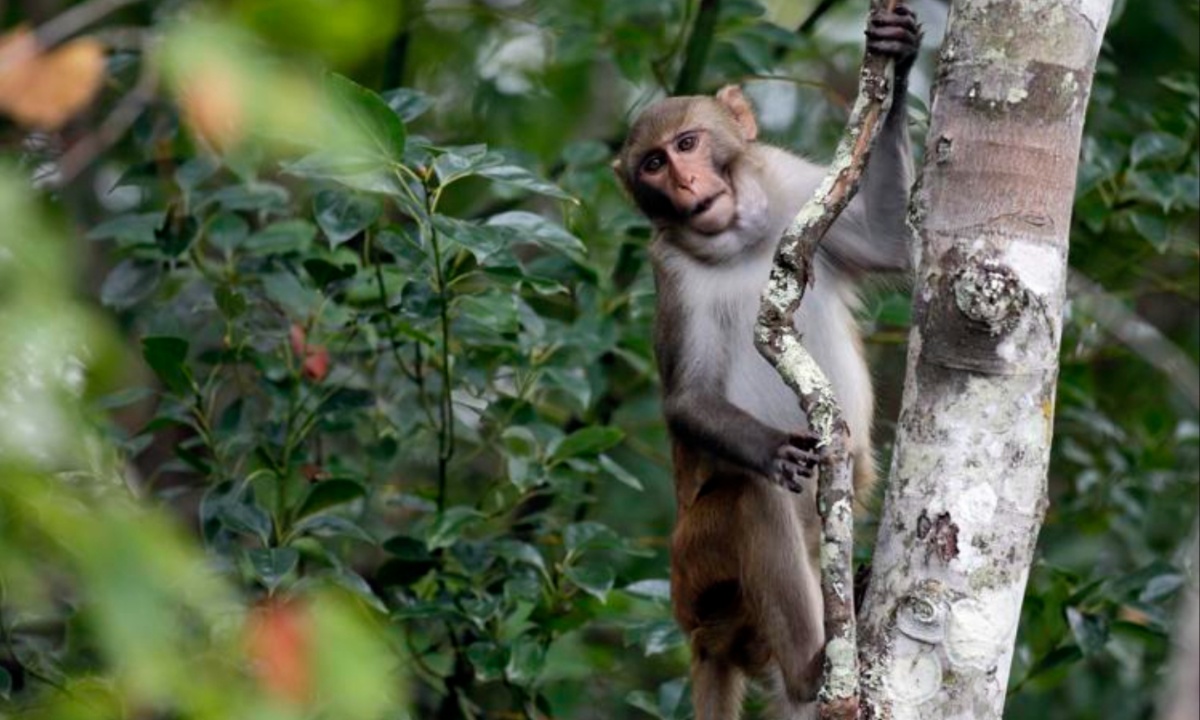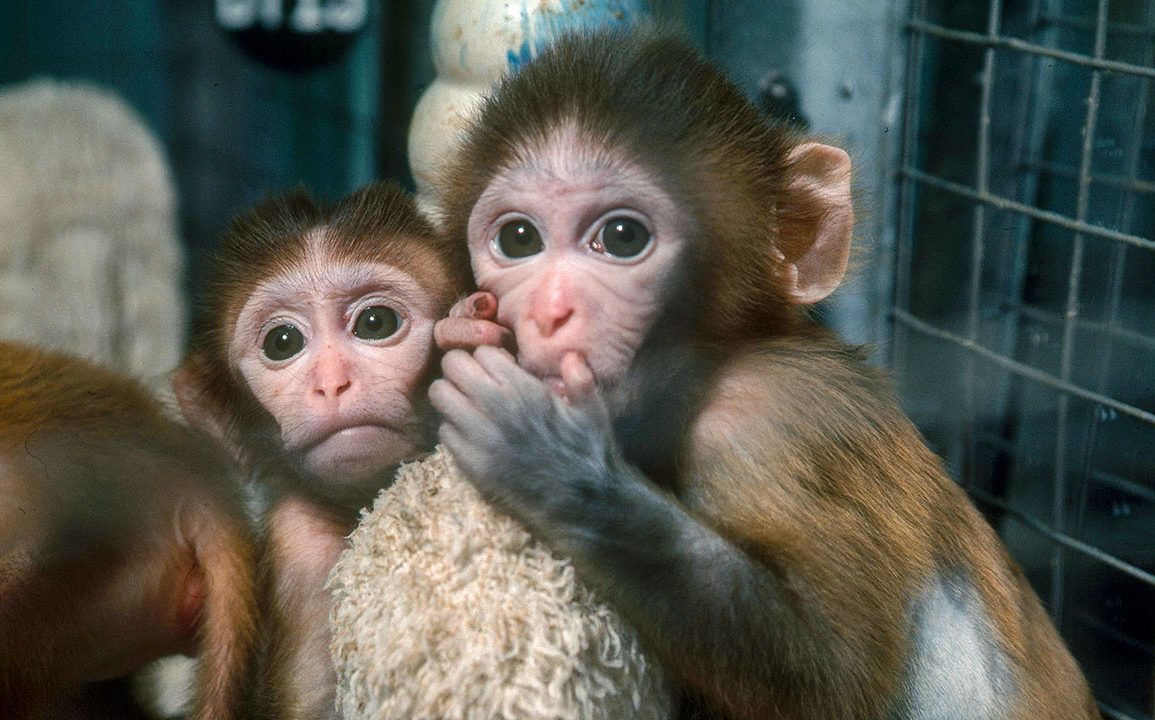The recent escape of 43 rhesus macaque monkeys from a medical lab in South Carolina has drawn attention to a species that has been at the heart of scientific research for over a century. Known for their expressive faces and genetic similarity to humans, rhesus macaques have been extensively studied to better understand human health and behavior. Their role in scientific advancements, from medical breakthroughs to space exploration, has made them one of the most researched animal species on the planet.
Rhesus macaques have been central to numerous medical studies, including those on vaccines, organ transplants, and the psychological impact of maternal separation.
While animal rights groups have raised ethical concerns about their use in such experiments, many researchers argue that the information gained from studying these animals has been crucial to advancing human health. Their contributions to research on diseases like AIDS, polio, and COVID-19 are considered indispensable for finding new treatments and improving public health.

The use of rhesus macaques in scientific research dates back to the late 1800s, following the wider acceptance of the theory of evolution. Early studies focused on understanding human-related biological processes, such as pregnancy. Over time, rhesus macaques became key subjects in studies on embryology, fertility, and other medical fields. Their wide natural range and ability to adapt to laboratory conditions have made them a reliable species for research, which has further cemented their importance in scientific studies.
In addition to their medical contributions, rhesus macaques have been involved in landmark space exploration experiments. Their kidneys were used in the development of the Salk polio vaccine in the 1950s, and NASA sent them into space during the height of the space race.
One notable example is Miss Sam, a rhesus monkey launched in 1960, who survived a high-speed mission aboard a Mercury capsule. The sequencing of the rhesus macaque genome in 2007 further deepened our understanding of human genetics, revealing a 93% DNA similarity to humans and offering critical insights into evolution.
Rhesus macaques also display complex social behaviors that mirror human political and social dynamics. They form intricate alliances, often supporting relatives or recruiting allies in times of conflict. These social behaviors have made them subjects of fascination, providing insight into the evolution of human social intelligence.
This aspect of their lives has been featured in popular media, such as the reality show “Monkey Thieves,” which followed groups of rhesus macaques in India. By studying these behaviors, scientists can better understand the social structures that shape both human and animal communities.

